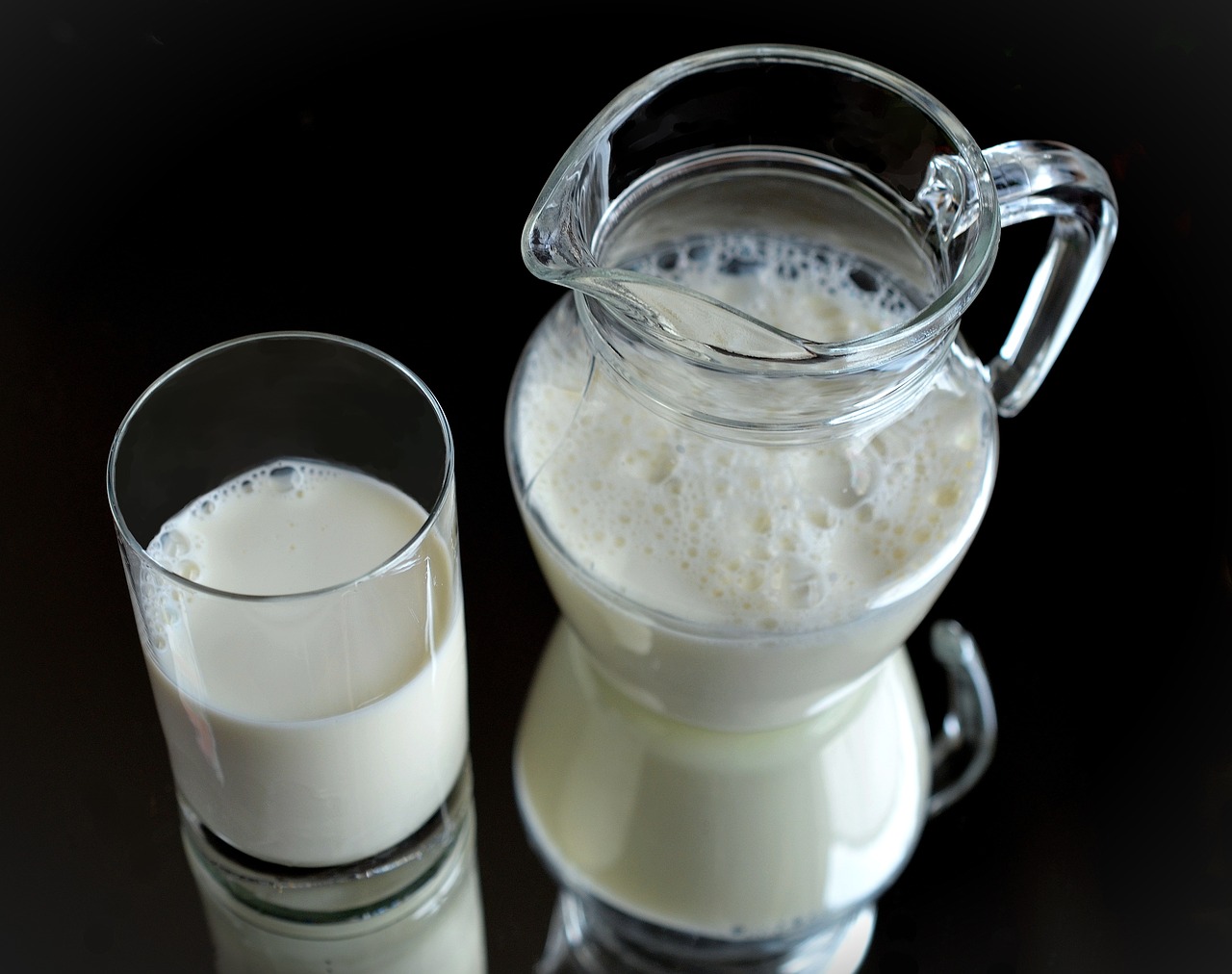“`html
In today’s fast-paced world, maintaining optimal health is more important than ever. Vitamins and minerals play a crucial role in ensuring our bodies function efficiently. These essential micronutrients are vital not only for our physical well-being but also for cognitive function and overall health. In this blog post, we will explore what vitamins and minerals are, their benefits, how to get them from our diet, and the importance of maintaining a balanced intake.
What Are Vitamins and Minerals?
Vitamins and minerals are organic and inorganic compounds that our bodies require in small amounts for various physiological functions. Although they are needed in minute quantities, they each serve unique roles. Here is a brief overview:
Vitamins
- Water-soluble: Includes Vitamin C and B vitamins (e.g., B1, B2, B3, B12). They dissolve in water and are not stored in the body, requiring daily intake.
- Fat-soluble: Includes Vitamins A, D, E, and K. These dissolve in fats and can be stored in the body’s fatty tissue.
Minerals
- Macro-minerals: Needed in larger quantities (e.g., calcium, magnesium, potassium).
- Trace minerals: Required in smaller amounts, including iron, zinc, and selenium.
The Benefits of Vitamins and Minerals
Incorporating a variety of vitamins and minerals into your diet offers numerous benefits:
Physical Health
- Immune Support: Vitamins A, C, D, and minerals like zinc play a significant role in boosting the immune system.
- Bone Health: Calcium and Vitamin D are essential for maintaining strong bones.
- Energy Production: B vitamins are crucial for energy metabolism and reducing fatigue.
Mental Well-being
- Cognitive Function: Certain vitamins, like Vitamin B12 and folate, support brain health and may help prevent cognitive decline.
- Mood Regulation: A deficiency in Vitamin D has been linked to depression; thus, adequate intake is essential for mental health.
How to Get Essential Vitamins and Minerals
A balanced diet is the best way to get the vitamins and minerals your body needs. Here’s how you can ensure adequate intake:
Dietary Sources
- Fruits and Vegetables: Fresh produce is rich in vitamins and minerals. Aim for a rainbow of colors.
- Whole Grains: Foods like brown rice and quinoa provide B vitamins and minerals.
- Nuts and Seeds: These are great sources of Vitamin E and essential minerals like magnesium.
- Animal Products: Fish, poultry, and dairy are high in Vitamin B12, iron, and calcium.
Supplementation Considerations
While dietary sources are preferred, supplements can be beneficial in certain cases:
- Deficiencies: If you find it challenging to meet your nutritional needs through diet alone, supplements might be necessary.
- Specific Life Stages: Pregnant women, the elderly, and athletes may require additional supplementation.
Risks of Deficiency and Overconsumption
While it is crucial to get enough vitamins and minerals, both deficiencies and excess intake can lead to health problems:
Signs of Deficiency
- Fatigue: A common sign of vitamin B12 or iron deficiency.
- Bone Issues: Weak bones may indicate a lack of Vitamin D or calcium.
- Skin Problems: Issues like dry skin can be linked to deficiencies in Vitamins A and E.
Overconsumption Risks
Too much of certain vitamins and minerals can lead to toxicity:
- Vitamin A: Excessive intake can cause liver damage and blurred vision.
- Iron: Overconsumption can lead to organ failure and other serious health issues.
Conclusion
In summary, vitamins and minerals are indispensable for maintaining our overall health and well-being. By prioritizing a well-rounded diet rich in fruits, vegetables, whole grains, lean proteins, and healthy fats, you can ensure that you meet your nutritional needs effectively. While supplementation can be beneficial in certain situations, it is essential to approach it with caution to avoid the risks associated with both deficiency and excess. Remember, a balanced diet is the key to a thriving, healthy life.
“`






